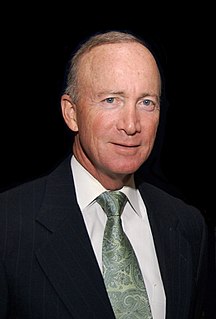A Quote by Noreena Hertz
We live increasingly in a world of haves and have-nots, of gated communities next to ghettos, of extreme poverty and unbelievable riches. Some enjoy rights that are completely denied to others. Relative inequalities are exploding, and the world's poorest, despite all the advances of globalisation, may even be getting poorer.
Related Quotes
The real "haves" are they who can acquire freedom, self-confidence, and even riches without depriving others of them. They acquire all of these by developing and applying their potentialities. On the other hand, the real "have nots" are they who cannot have aught except by depriving others of it. They can feel free only by diminishing the freedom of others, self-confident by spreading fear and dependence among others, and rich by making others poor.



































